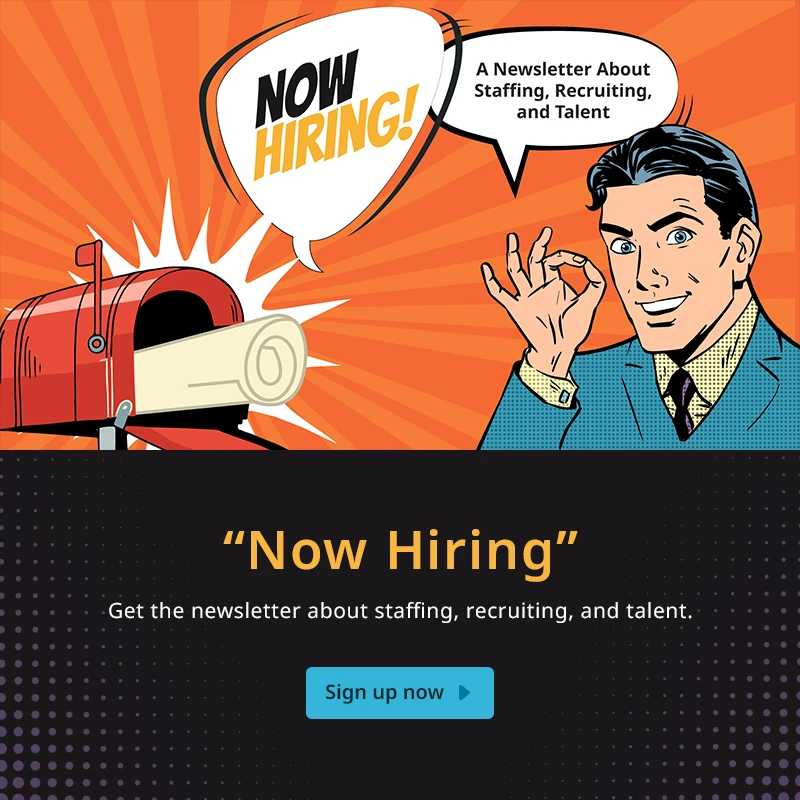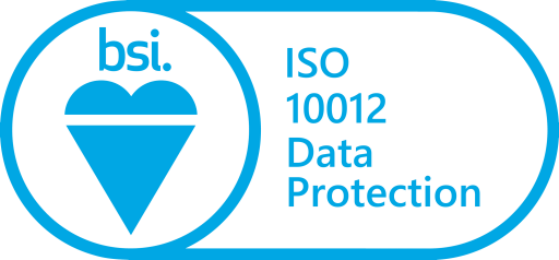Hiring talent is not easy. Oftentimes, employers focus on just a particular skill set and from that angle only, try to determine whether the candidate is qualified for the job. Sometimes, they focus on attitude and cultural fit, yet, not as thorough as necessary. Of course – both cultural and skill fit is very important to both the employer and the employee. However, they alone don’t tell you whether a candidate can manage the intricacies of the organization and succeed while in turn helping the organization succeed at the same time.
An interview is a lot like speed dating. In just a short hour or two, you’re expected to get to know a person and see if they’re a good fit for an open position and your organization. All while they’re doing the same.
That’s difficult.
Irrespective of your interview process, whether you have one round or ten, you’re not really doing due diligence to hire the right candidate unless you’re asking questions pertinent to your organization and industry. You likely have an interview process you follow, which may include templates with set questions or behavioral interview tactics or even case studies for candidates to complete. But is your process really focused on finding the nuggets of information that will really help you determine a mutual fit for success?
Try considering these things to increase your chances of finding a job candidate who will succeed with and within your organization:
Are They Good at Business Politics?
Politics is not just an industry in Washington, DC. Politics is literally everywhere – including at work. Understanding the politics of your organization is a necessity to success. How else would you influence decisions and the direction of your department or organization? It’s also necessary to be transparent and clearly communicate politics to prospective candidates.
Organizational politics is part of influencing decisions, direction, budget, and resources.
For example, let’s say your organization’s engineering resources only have the bandwidth to take on 3 new projects next month, and your department needs an engineering resource for a critical project, but there are 5 projects competing for the engineering team’s attention. You have to play a bit of organizational politics to obtain one of those 3 coveted spots. You’ll need to make your case to the engineering department as to why you really need the resource, what’s the business case for the project, what will the ROI be to the organization – and how will it benefit the head of the engineering department. You may need to compromise on time or budget. You may need to offer the head of engineering a seat on the governance board for the project or lend them a resource of yours at a future date for another project.
It’s all about knowing what they need to get if you want to get what you need, and then being able to compromise and provide it to them.
What is Their Personality Like?
Personality fit is massively important when making a hire. Not just the overall personality of the candidate, but how they interact with individuals to get things done. Will their personality help them – or not – to be successful in your organization? Are you a task-driven and structured person? Is your organization more rigid than flexible? Or are you more creative and entrepreneurial?
You need to answer some questions about your own personality, that of your team, and even that of your organization. You then need to be transparent with the candidate about these things and ask some specific questions to determine if their personality is a match with the company.
Sometimes you can have a candidate who is extremely qualified, however, they may just have a personality or way of getting things done that isn’t a match for your business. Share with candidates the types of personalities your organizations possesses, what characteristics are needed to interact with these personalities, and ask the candidates how they would handle situations with those of varying styles and personalities to overcome obstacles for success.
Are They Comfortable Following Policy?
Every organization has policies in place, some documented, and some unspoken. Policies exist for lateral promotions and for upward promotions. Policies exist for telework and training. Policies exist for customer interactions, and, well, pretty much everything.
Talk to the candidate about some of the policies they would have to follow. Be transparent regarding rigidity or flexibility. Let the candidate know your expectations up front and ask them their expectations. See if they align or if a disconnect may exist. Don’t promise one thing when policy supports another. If the candidate becomes an employee, you want to be on the same page from day one.
The moral of the story is this: Considering these things and asking questions provides a good starting point to understand who the candidate is, how they’d get the job done, and if it’s a mutual fit. Having this information allows you to make a better-informed decision – increasing the probability of success for both the candidate and your organization.







